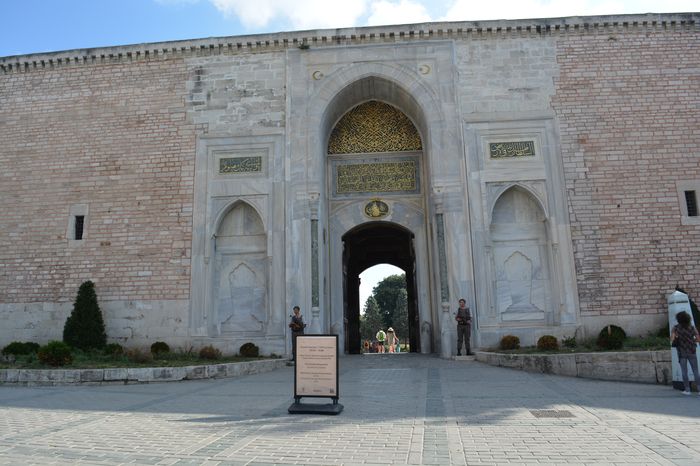“I named him Augustus,” Crocus protested. “With the army of Gaul behind us we can easily ”
“I must accept only the lesser title, until I can prove myself as a ruler, Crocus,” Constantine said firmly. “I’m sure Eumenius understands this and Dacius.”
“We know Britain is behind their new Augustus and will accept him as sole ruler,” Dacius agreed. “But it will not help to precipitate a civil war with Galerius and Severus by claiming half the Empire, and then have to fight the other half for it.”
“Dacius is right,” Eumenius agreed. “Your father always said a man should never bite off more than he could digest, else he would find himself with a bellyache and lose what he had eaten.”
“Call yourself what you will,” Crocus said, “you will be my people’s ruler as soon as I can get back to Gaul and proclaim you there.”
“I’m counting on you to help me convince all the people of Gaul that my father intended for me to rule them,” Constantine assured him, “but in good time. Shall we get on with the letter?”
Thanks to Eumenius
More than an hour was required to draft the message to Gale rius. In the end, thanks to Eumenius’ scholarship and his skill with words, it said everything Constantine wished it to say and implied a great deal more. First, the letter informed Galerius, as Senior Augustus, of Constantius’ death at Eboracum, emphasizing, though subtly, that Constantius had appointed Constantine deputy commander of the army of Britain before they left Gaul and that upon his death, Constantine had naturally taken command of the troops there.
While giving proper deference to Galerius’ position, the letter reported that the affectionate violence of the troops had named Constantine their leader in spite of his protests of unworthiness and acclaimed him to the purple before he had an opportunity to consult Galerius about the matter. Without pointing out that his accession to the position of ruler at least in Britain was already a fact, Constantine humbly begged Galerius’ approval of the army’s action. And finally, the letter pointed out that Crocus, as king of a large section of the Alemanni, the most powerful tribe in Gaul, had himself named Constantine to the purple in Britain and intended to fill a similar function in Gaul upon their return there.
“Galerius will be angry enough to order your execution,” Dacius told Crocus, when he read over the final draft of the letter. “But he knows the strength of the army in Gaul, so he will have to accept an already accomplished fact.”
Read More about Imperial Courier to Galerius






